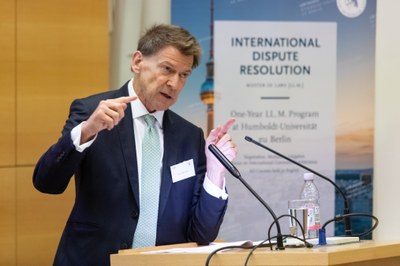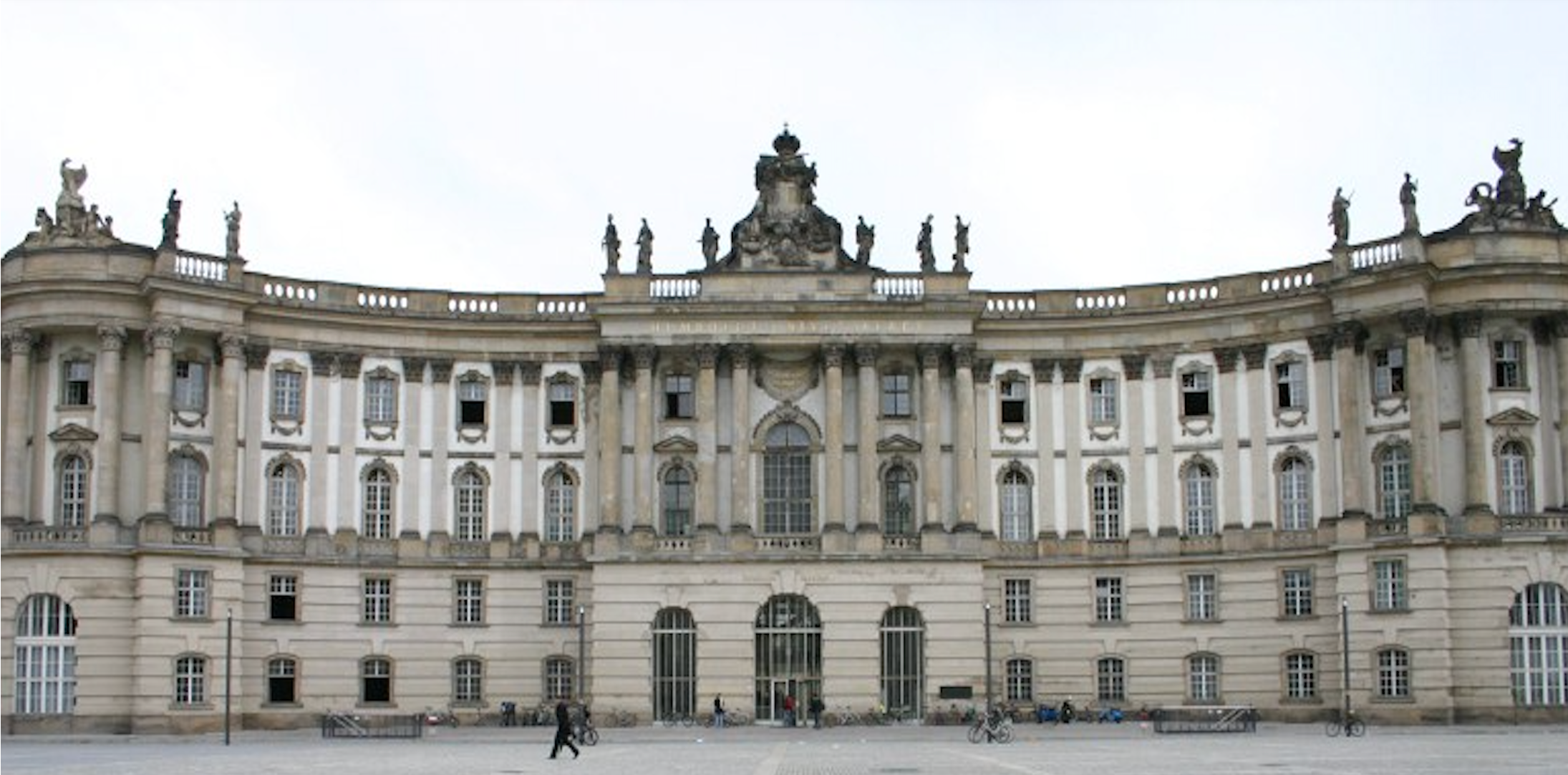Opening Lecture on Efficiency in Arbitration, 6 November 2019
If I were asked why one should choose arbitration over other dispute resolution mechanisms, my answer would certainly be: “because of its efficiency”. The majority of lawyers working in arbitration would agree that efficiency is its key element. As I like to put it, arbitration is a living instrument that requires a rapid development over time. Therefore, what was efficient five years ago can be completely outdated today. Thus, one of the main concerns of the arbitration community should be maintenance and improvement of its efficiency. It is for this purpose that Prof Dr Klaus Sachs, Partner at CMS Hasche Sigle in Munich and Honorary Professor at the Ludwig Maximilian University of Munich, formally opened the 5th consecutive year of the IDR LL.M. program with a speech on “Efficiency in arbitration: Tools and techniques for effective proceedings”.
Prof Dr Sachs first put the topic into context: for businesses operating internationally, arbitration is the preferred dispute resolution mechanism nowadays. Whilst it was originally intended to be a more efficient alternative to court proceedings, arbitration has become increasingly lengthy and costly. The proceedings require thorough legal analysis, knowledge of the laws of multiple jurisdictions, and involve large teams of lawyers working across borders. Problems also arise due to the different procedural approaches of lawyers from common and civil law jurisdictions.
After outlining these issues, Prof Dr Sachs put forward suggestions to tackle them. One major step towards making arbitration more efficient would be to merge the advantages of the common law and the civil law approaches. As an example he mentioned the use of expert witnesses: whilst common lawyers are trained in a system in which experts are party-appointed, civil lawyers are used to tribunal-appointed use of experts. Selecting an expert witness is probably the most important decision in an arbitration, after the selection of the arbitrators. However, the so-called “battle of expert witnesses” has its downside since this process can be very time-consuming and thus lead to less efficiency. Prof Dr Sachs therefore discussed the “Sachs Protocol” which he proposed in a paper presented at the 2010 ICCA Congress in Rio de Janeiro. With regard to the use of experts, he suggests a hybrid system, whereby each party submits a list of potential experts, and the tribunal then chooses one expert from each list. These experts become the tribunal’s advisors, and the parties may in the presence of the tribunal address questions to them.
At the end of the lecture the IDR LL.M students, alumni and guests had the opportunity to not only listen, but also actively discuss the topic with Prof Dr Sachs. By courtesy of CMS Hasche Sigle, the Q&A session was followed by a reception leading to further discussions between the future generation of arbitration practitioners and experienced professionals and academics, perfectly rounding off the evening and marking the beginning of a promising year.
Faig Mustafaev, IDR LL.M. Candidate

The Speaker: Prof Dr Klaus Sachs

The Academic Director of the IDR LL.M.: Prof Dr Gerhard Wagner

